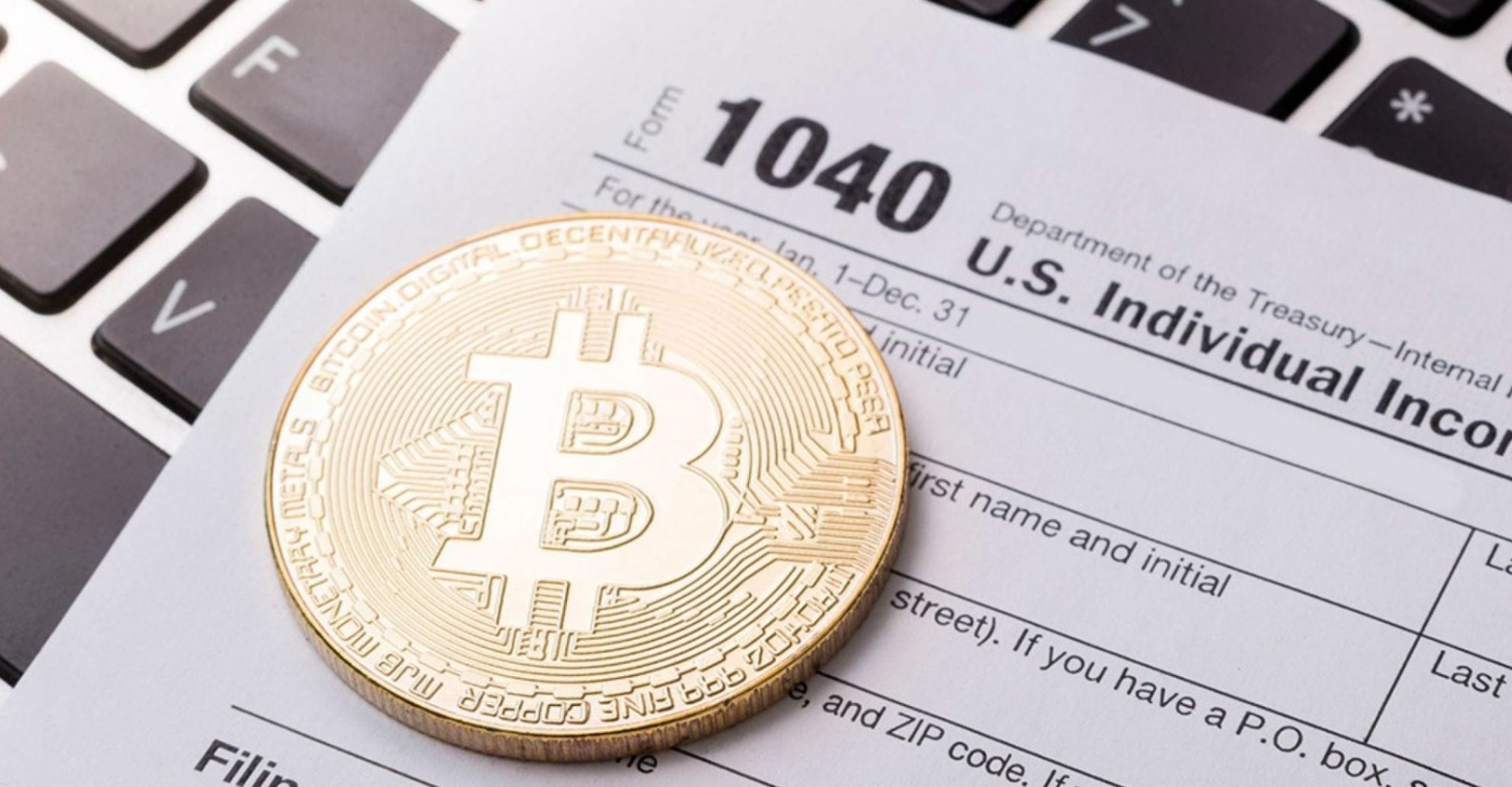In the fast-paced realm of cryptocurrency, trading bots have become indispensable tools for investors seeking to maximize their profits. However, the intersection of crypto trading bots and taxation is a complex landscape that often leaves traders scratching their heads. As the cryptocurrency market continues to evolve, so do the regulations surrounding it.
The Basics of Crypto Trading Bots
Before we dive into the intricacies of taxation, let’s first grasp the fundamentals of crypto trading bots.
What Are Crypto Trading Bots?
Crypto trading bots are automated software programs designed to execute cryptocurrency trades on behalf of users. These bots are programmed to analyze market trends, make predictions, and execute trades with incredible speed and precision. They operate 24/7, allowing traders to take advantage of price fluctuations even while they sleep.
How Do Crypto Trading Bots Work?
These bots operate by connecting to cryptocurrency exchanges through APIs (Application Programming Interfaces). They access real-time market data, analyze it using predefined algorithms, and execute trades accordingly. Traders can customize their bots to implement various strategies, from simple market orders to complex arbitrage techniques.
Crypto Trading Bots and Taxation: What You Need to Know
Now that we have a solid understanding of crypto trading bots, let’s explore the intricate relationship between these bots and taxation.
Taxation of Cryptocurrency
· Cryptocurrency as Property
In many countries, including the United States, cryptocurrencies are considered property for tax purposes. This means that every crypto transaction, whether it’s buying, selling, or trading, may trigger a taxable event. It’s crucial to keep detailed records of these transactions, including dates, amounts, and counterparties.
· Capital Gains Tax
One of the primary tax implications of using crypto trading bots is capital gains tax. When you make a profit from trading cryptocurrencies, it’s subject to capital gains tax. The tax rate varies depending on factors like your income and the duration you held the assets.
· Reporting Requirements
Tax authorities are increasingly focused on crypto transactions. Many governments now require individuals to report their cryptocurrency holdings and transactions. Failure to comply can lead to severe penalties. Some countries even require specific crypto tax forms.
Tax Considerations for Crypto Traders Using Bots
· Automated Trading and Taxation
Crypto trading bots operate continuously, making numerous trades within short timeframes. Each of these transactions could potentially generate taxable events. As a trader using bots, it’s crucial to understand how each trade affects your tax liability.
· FIFO and LIFO
Two common methods of calculating capital gains are FIFO (First In, First Out) and LIFO (Last In, First Out). These methods determine which assets you’re selling when you make a trade. Choosing the right method can significantly impact your tax liability.
· Deductible Expenses
While crypto trading bots can help optimize your profits, they also come with costs. Fortunately, many of these expenses may be tax-deductible, potentially reducing your overall tax burden. These expenses may include bot subscription fees, trading fees, and transaction costs.
International Considerations
Cross-Border Trading
Crypto trading knows no borders, and many traders engage in cross-border transactions. However, international tax laws can be complex and vary from one country to another. It’s essential to understand the tax implications of trading across borders and potentially consult a tax professional for guidance.
Double Taxation
In some cases, traders might face the challenge of double taxation. This occurs when two or more countries claim the right to tax the same income. Understanding international tax treaties and seeking professional advice can help mitigate this issue.
Strategies for Tax-Efficient Crypto Trading
1. HODLing
The “HODLing” strategy involves holding onto cryptocurrencies for an extended period. In some jurisdictions, long-term capital gains are subject to lower tax rates. By strategically HODLing assets, you can potentially reduce your tax liability.
2. Tax-Loss Harvesting
Tax-loss harvesting involves selling losing assets to offset gains, thereby reducing your overall tax liability. Crypto trading bots can help identify suitable opportunities for tax-loss harvesting automatically.
3. Keep Meticulous Records
Perhaps the most crucial aspect of managing your tax obligations as a crypto trader is maintaining meticulous records. Track every trade, including purchase prices, sale prices, and transaction fees. Accurate record-keeping simplifies tax reporting and minimizes the risk of errors.
FAQs
How are crypto gains taxed in the United States?
In the United States, crypto gains are subject to capital gains tax. The tax rate depends on various factors, including your income and the duration you held the assets. It’s essential to report these gains accurately to avoid legal complications.
Can crypto trading bots help reduce tax liabilities?
Crypto trading bots can assist in tax-efficient trading by identifying opportunities for tax-loss harvesting and optimizing trading strategies. However, they do not provide tax advice or automatically handle tax reporting.
Are there tax advantages to HODLing cryptocurrencies?
Yes, in many countries, including the United States, long-term capital gains are subject to lower tax rates than short-term gains. HODLing cryptocurrencies for more extended periods can lead to potential tax savings.
How can I ensure compliance with international tax laws when trading across borders?
To ensure compliance with international tax laws, seek guidance from tax professionals who specialize in cryptocurrency taxation. They can help you navigate the complexities of cross-border trading and minimize the risk of double taxation.
What are the potential consequences of not reporting crypto transactions for tax purposes?
Failure to report crypto transactions for tax purposes can result in penalties, fines, and even legal actions by tax authorities. It’s essential to stay compliant with tax regulations to avoid these consequences.
Can I deduct the expenses associated with using crypto trading bots?
In many cases, expenses related to using crypto trading bots, such as subscription fees and transaction costs, may be tax-deductible. Consult with a tax professional to determine which expenses you can deduct.
Conclusion
Navigating the world of crypto trading bots and taxation requires diligence and a clear understanding of the tax implications associated with cryptocurrency transactions. As the crypto market continues to evolve and tax regulations adapt, it’s crucial for traders to stay informed and compliant. By following tax-efficient strategies, keeping meticulous records, and seeking professional advice when needed, you can optimize your crypto investments while staying on the right side of the law.

